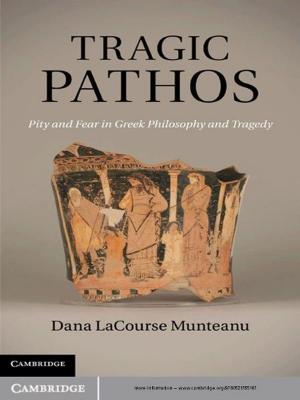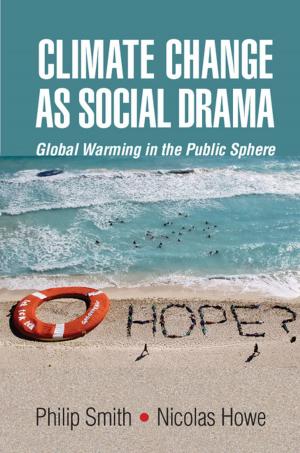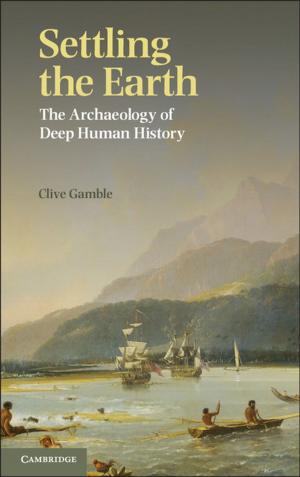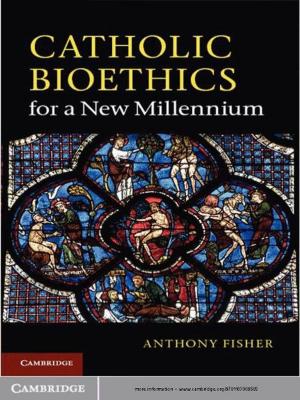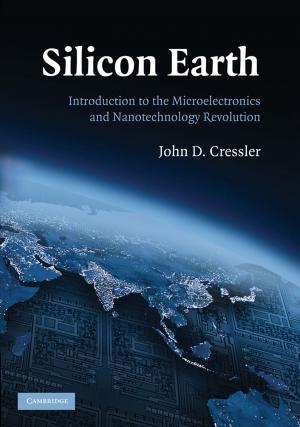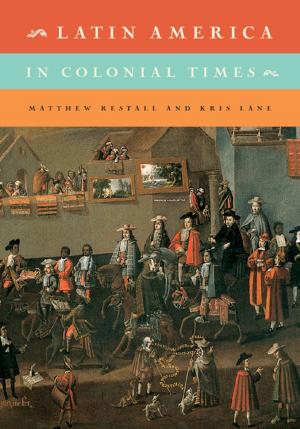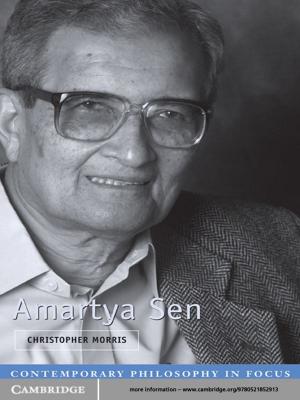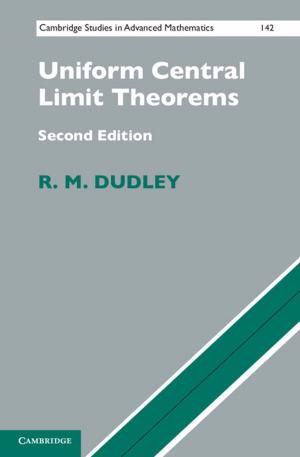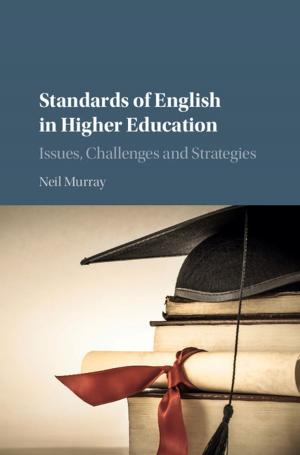Immortality and the Body in the Age of Milton
Fiction & Literature, Literary Theory & Criticism, British, Theory| Author: | ISBN: | 9781108395120 | |
| Publisher: | Cambridge University Press | Publication: | March 1, 2018 |
| Imprint: | Cambridge University Press | Language: | English |
| Author: | |
| ISBN: | 9781108395120 |
| Publisher: | Cambridge University Press |
| Publication: | March 1, 2018 |
| Imprint: | Cambridge University Press |
| Language: | English |
Seventeenth-century England teemed with speculation on body and its relation to soul. Descartes' dualist certainty was countered by materialisms, whether mechanist or vitalist. The most important and distinctive literary reflection of this ferment is John Milton's vitalist or animist materialism, which underwrites the cosmic worlds of Paradise Lost. In a time of philosophical upheaval and innovation, Milton and an unusual collection of fascinating and diverse contemporary writers, including John Donne, Margaret Cavendish, John Bunyan, and Hester Pulter, addressed the potency of the body, now viewed not as a drag on the immaterial soul or a site of embarrassment but as an occasion for heroic striving and a vehicle of transcendence. This collection addresses embodiment in relation to the immortal longings of early modern writers, variously abetted by the new science, print culture, and the Copernican upheaval of the heavens.
Seventeenth-century England teemed with speculation on body and its relation to soul. Descartes' dualist certainty was countered by materialisms, whether mechanist or vitalist. The most important and distinctive literary reflection of this ferment is John Milton's vitalist or animist materialism, which underwrites the cosmic worlds of Paradise Lost. In a time of philosophical upheaval and innovation, Milton and an unusual collection of fascinating and diverse contemporary writers, including John Donne, Margaret Cavendish, John Bunyan, and Hester Pulter, addressed the potency of the body, now viewed not as a drag on the immaterial soul or a site of embarrassment but as an occasion for heroic striving and a vehicle of transcendence. This collection addresses embodiment in relation to the immortal longings of early modern writers, variously abetted by the new science, print culture, and the Copernican upheaval of the heavens.

